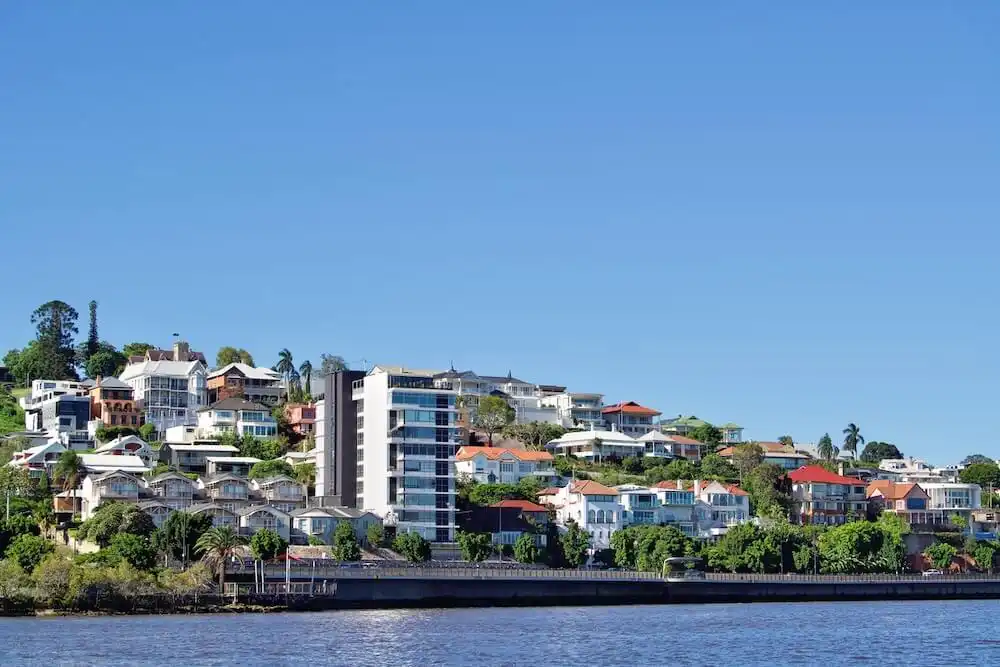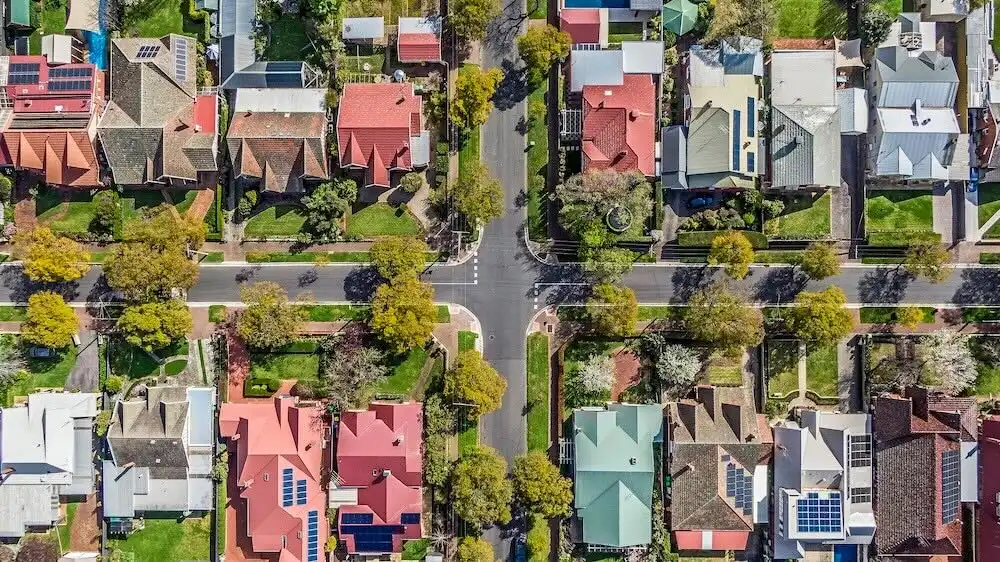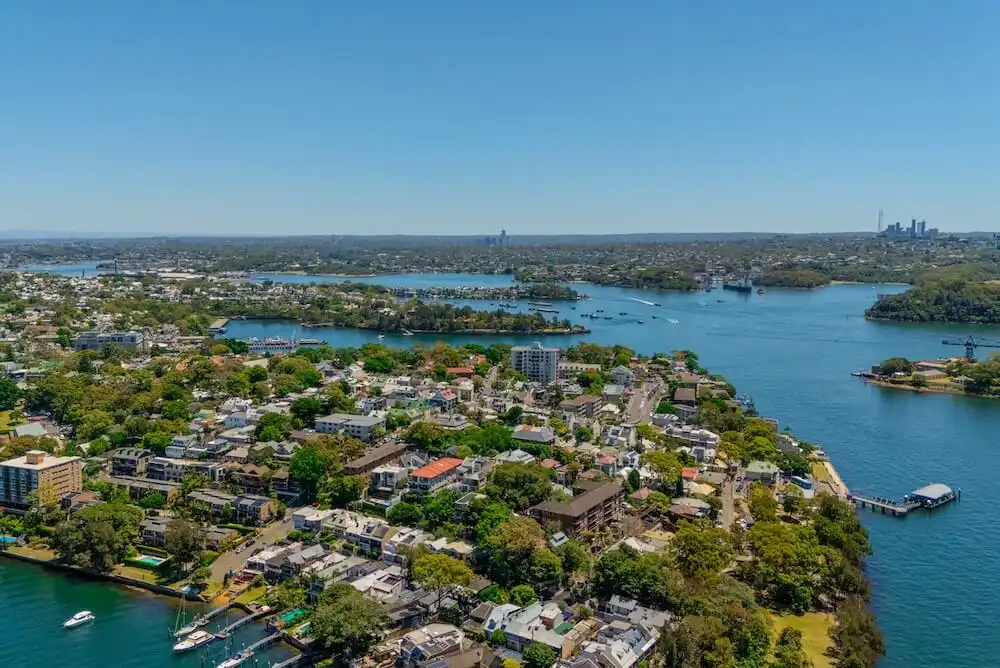What does a new government mean for the Australian property market?
Australia has made it through another federal election, and the first change in government in nine years comes at a time of significant change for the housing market.
Labor is parachuting into a moment defined by rising inflation and interest rate hikes, poor housing affordability and the possibility of price corrections after a historic property boom.
Thankfully, there's some good news ahead for sellers, buyers and investors in terms of government policy and some other factors on the horizon.
How Labor's Help to Buy scheme could give home prices a boost
While the Coalition's super-for-housing policy may have gone to its grave with the election result, the new Labor Government is also finding ways to help homebuyers get onto the ladder — and, as a result, boosting housing demand.
Ripehouse Advisory's Jacob Field forecasts that low-to-mid-tier homes will see more buyer competition off the back of the party's Help to Buy scheme.
"This is going to cause a dramatic increase in property prices," he said.
The Help to Buy scheme, which is slated for 10,000 places per year, is aimed at low- and middle-income earners struggling to save up a deposit.
Under the scheme, buyers would need as little as 2 per cent saved for a deposit, with the Government contributing 40 per cent of a property's sale price in exchange for equity in the home.
That means the buyer would only require a loan of around 60 per cent for the remainder of the sale price, significantly increasing their borrowing power and reducing mortgage costs.
Stoking demand via policies like this without supply also increasing to the same degree will add upward pressure on prices and may cause some resistance to interest rate-related downturns.
Labor will support 50,000 low-deposit guarantees, again fuelling demand
One of the key housing headlines from the Coalition's March budget announcement was the expansion of the First Home Loan Deposit Scheme (FHLDS) to 50,000 places. That's a policy that the Labor Government have committed to upholding.
In essence, the FHLDS will give 50,000 first home buyers the opportunity to purchase a property with only a 5 percent deposit without the need to pay for expensive Lender's Mortgage Insurance (LMI).
That could mean an additional 50,000 buyers entering the market where they otherwise may not have, stoking demand further.
Of those 50,000 places, 10,000 are earmarked for regional homes specifically, and with many regional markets already appearing to be quite undersupplied, injecting extra demand could prolong the strong regional growth trends seen over the past two years.
What other positive factors are at play?
On the policy front, downsizers will be pleased to see that the age limit for being able to contribute up to $300,000 from a sale to superannuation will be reduced from 65 to 55.
There also won't be any shake-up to laws around negative gearing and capital gains tax.
That's going to keep investors happy in a moment where ultra-low rental vacancies are pushing rental yields up, so expect to see an increase in investor activity in the near future.
The return of immigration is another factor set to boost buyer demand from both investors and new arrivals.
BuyersBuyers co-founder Pete Wargent said "even a return to 1.5 percent population growth equates to an increase of nearly 400,000 per annum.
"In turn, creating a huge demand for housing at a time when construction costs are sky high and stock levels are extremely tight."
Mr. Wargent expects there will be pressure on the new Government to speed up immigration to address staff shortages.
A growing population means more people looking for housing. More demand means further upward pressure on prices.
What does the future hold for Australian property?
Ultimately, the big question mark at this point is how far and how fast interest rates rise.
AMP Capital's chief economist Shane Oliver noted that "as with the Coalition's policies, the new Government's housing policies are more focused on boosting demand… which will result in higher than otherwise home prices."
Even so, he said the effect would be "marginal," and that "the main impact on home prices will likely come from rising interest rates.
Westpac's latest forecasting shows widespread price drops in 2023 as a result.
It's not all doom and gloom though, as ANZ senior economist Felicity Emmett pointed out to Domain.
"Higher interest rates are going to be the biggest challenge for the market but record-low unemployment and the reopening of international borders — these things will help to provide some support over the next couple of years," she said.
The fact is that every market and every property is different, so it's important to get clarity on the local level.
Comparing recent sales to get a clearer picture of your property's value, then speaking to a top local agent about current and future conditions, is the best way to evaluate your selling situation and make the right choices.








